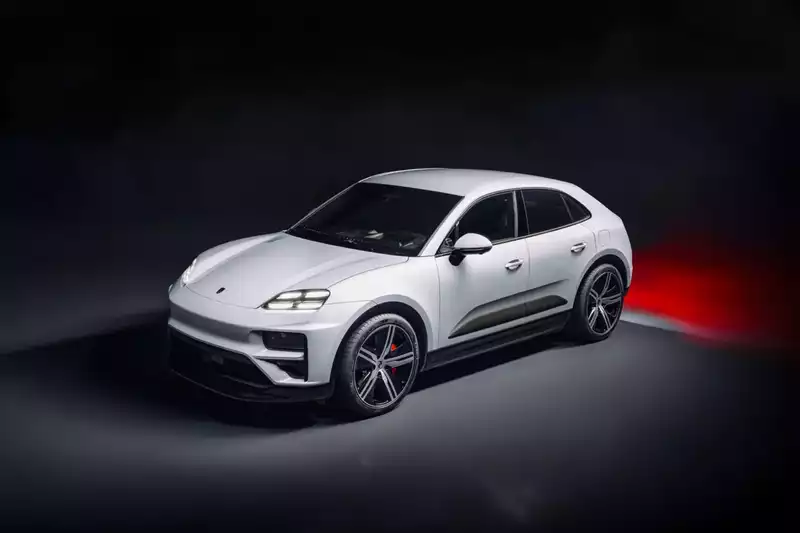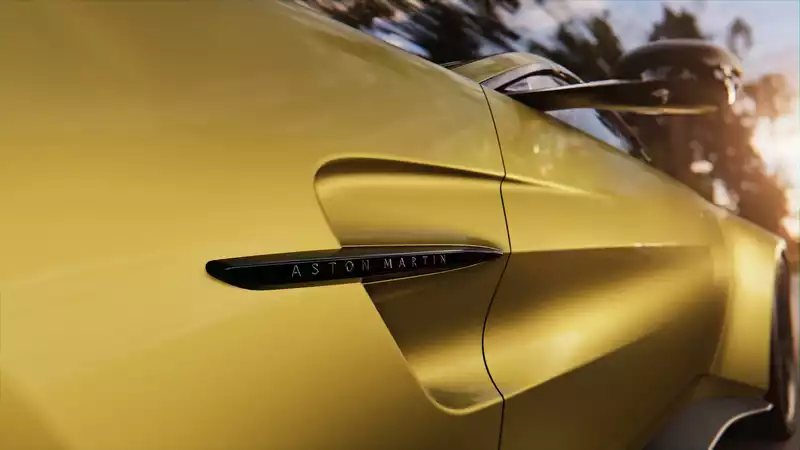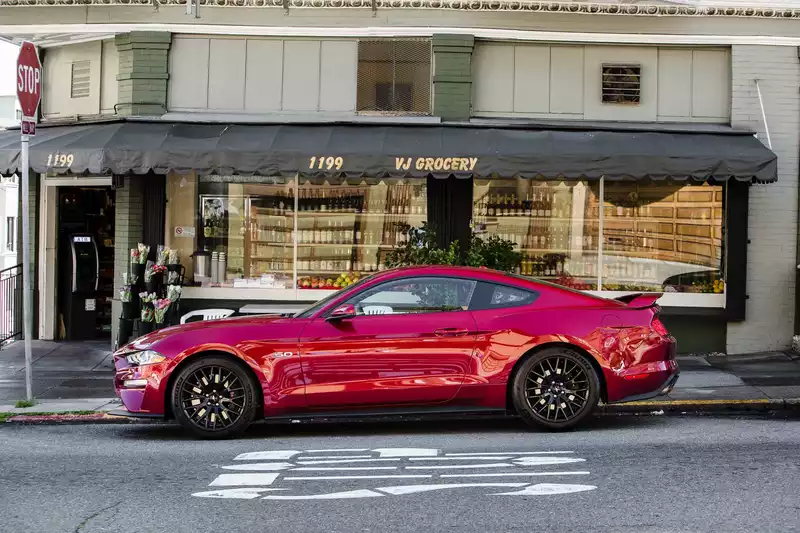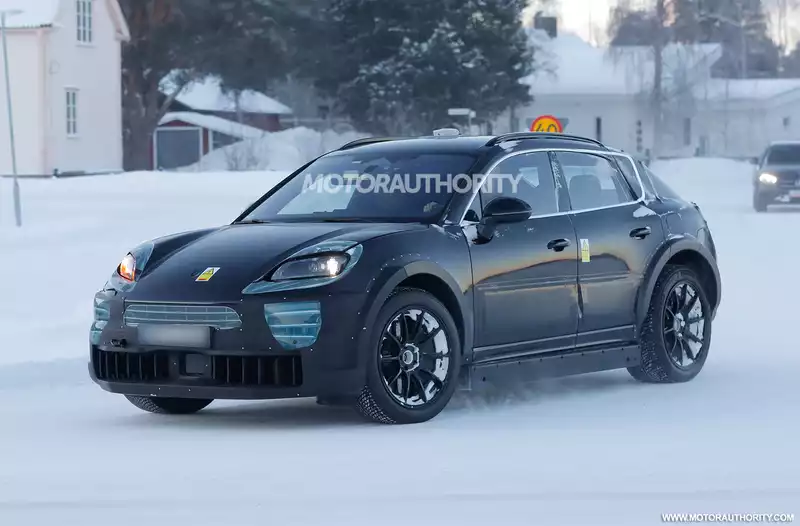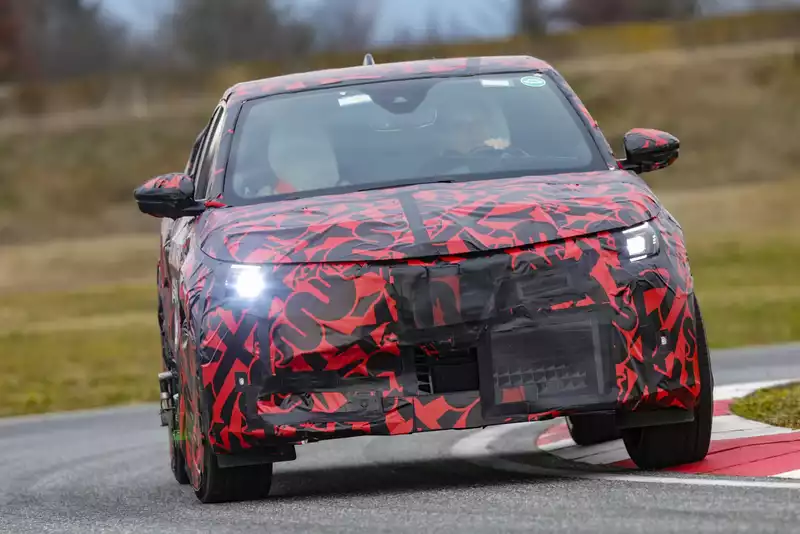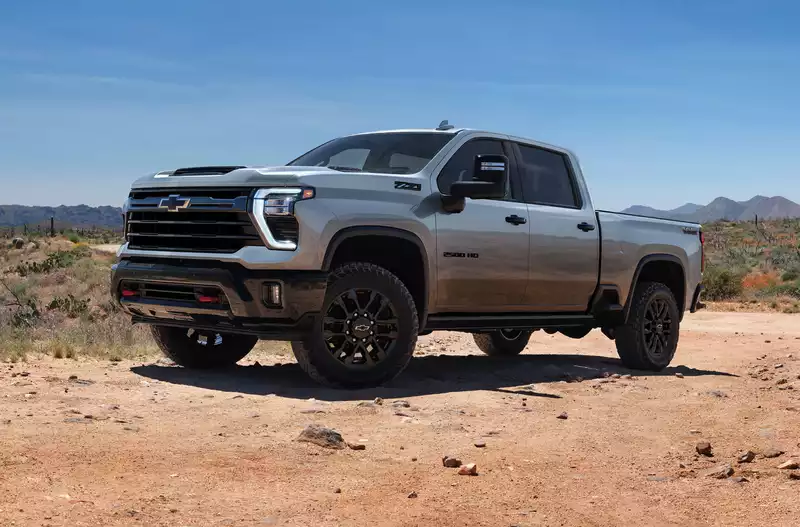Restored 1980s Toyota Corolla GT-S with EV and hydrogen powertrain swap
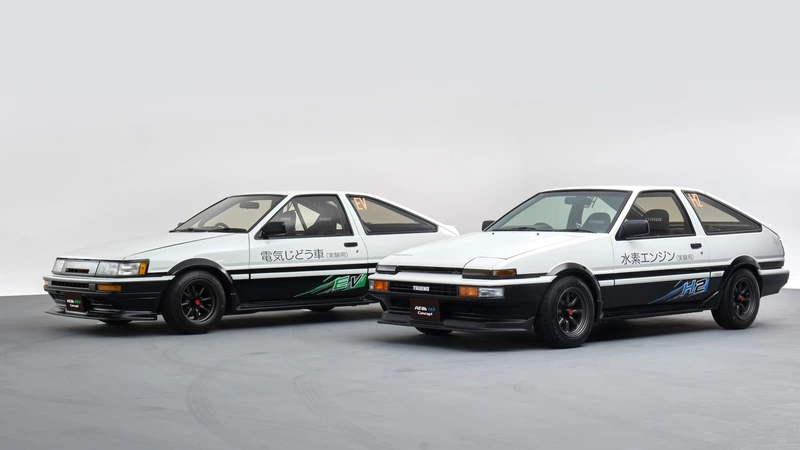
As part of its plan to extend the life of classic cars, Toyota has given a 1980s Corolla GT-S a restoration modification that includes battery electric and hydrogen powertrains.
The two concepts, first unveiled last weekend at the 2023 Tokyo Auto Salon, are intended to show how older cars, especially enthusiast cars, can be kept running even as emissions regulations become more stringent. [In his opening speech at the Tokyo Auto Salon, Toyota CEO Akio Toyoda referred to his company's emissions reduction targets, saying, "The reality is that we will not achieve zero carbon dioxide emissions in 2050 simply by switching all new car sales to EVs. Given the slow turnover of the world's car fleet, old internal combustion engine vehicles will continue to run long after new car sales have been switched to electric vehicles.
This means that emissions from those older cars will also be targeted, and that is where the two Corolla concepts come in. Boasting rear-wheel drive and infinitely tunable engines, this version of the Corolla, known by its in-house model code AE86, is a tuner favorite and the namesake of the modern Toyota GR86 sports car. It is the kind of car that enthusiasts will want to save.
"I want to dispel the fear that if we go carbon neutral, I won't be able to drive my car," Toyoda said. On the contrary, there is a carbon-neutral path that car enthusiasts can take."
The two concept cars show two different paths to low emissions: one is the AE86 BEV concept, which swaps the stock inline 4-cylinder for an electric motor sourced from the Toyota Tundra hybrid and a battery pack from the Prius Prime plug-in hybrid. packs. According to Toyota, the stock manual transmission was retained, and engineers tried to keep the weight distribution close to stock as well.
Other automakers, from the Chevrolet E-10 and Blazer E to the Jaguar E-type, have tried to convert to EVs before. Mini has launched an EV program for the original Issigonis-designed Mini at its UK plant in 2022.
A second concept, dubbed the AE86 H2, retains the stock engine and drivetrain but runs on hydrogen stored in two high-pressure tanks from Toyota's MIRAI fuel cell vehicle instead of gasoline.
Toyota tested hydrogen combustion in racing and developed a prototype hydrogen V-8, but it is not the first automaker to test the idea; in the early 2000s, BMW introduced the Hydrogen 7, a 7 Series sedan with a hydrogen V-12 engine . However, it is unclear whether hydrogen-burning engines will become mainstream, as none of the automakers seem to have solved the efficiency problems inherent in hydrogen-burning engines.
